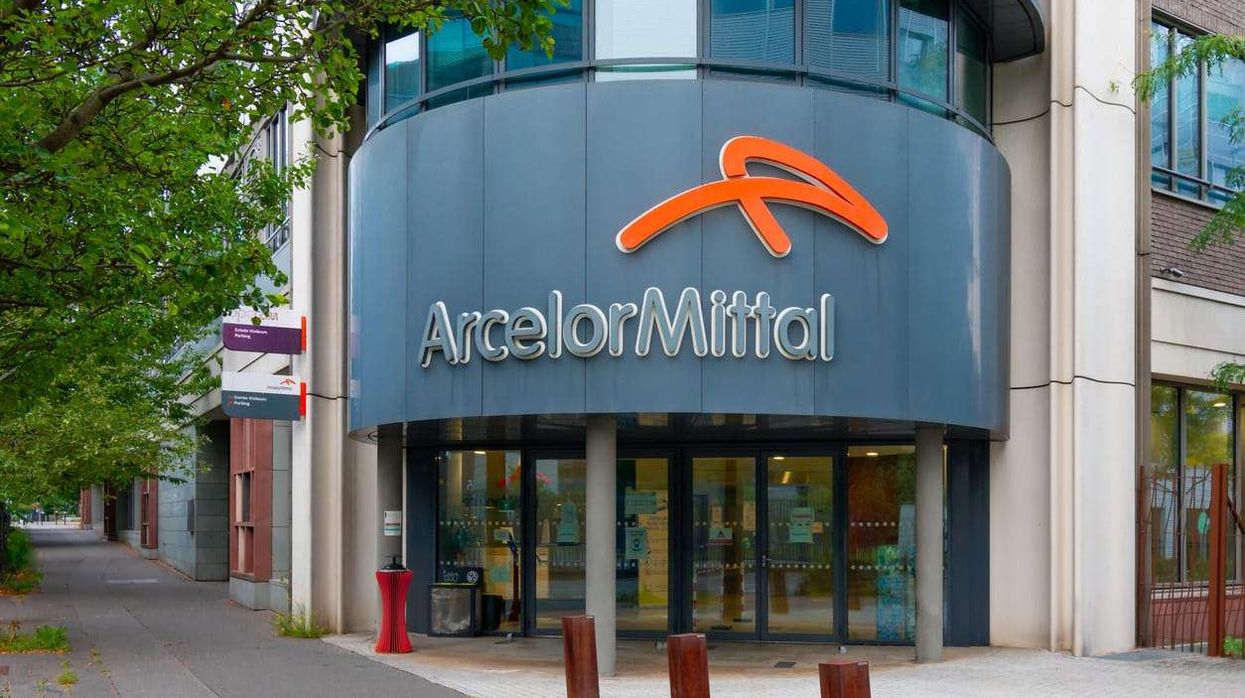INDIA'S real estate industry staged a rebound from 2020's downturn, with housing sales rising by over 50 per cent. The performance, though short of pre-Covid levels, has property developers hoping for stronger gains in the New Year and the beginning of a long upcycle.
A strong foundation has been laid this year for revival in the Indian real estate sector, which is projected to reach the $1 trillion (£740 billion) mark by 2030 from $200 bn (£148.81 bn) in the pre-pandemic year.
Demand consolidation towards reputed developers, disciplined new homes supply, changing attitudes of consumers towards homeownership with a preference for bigger-better flats and faster adoption of digital technologies by builders were some of the trends witnessed during the year.
The year started on a positive note for the residential market as sales were strong during the January-March period, aided by pent up demand, historically low-interest rates on home loans, lower stamp duty offered by some states and discounts from cash-starved developers.
Just when builders started to think that the 'worst is over', the country witnessed a much stronger second Covid wave during April-June that adversely impacted demand in almost every sector of the economy, including real estate.
Housing sales remained muted in the second quarter of the calendar year but bounced back strongly in the second half of 2021.
Almost all big listed developers reported a sharp rise in their sales booking numbers during the September quarter, fuelling a rally in realty stocks.
As a result, housing sales across seven major cities, which shrank 47 per cent last year to 138,000 units, were up 56 per cent till December 10, 2021, compared to last year's numbers, according to data compiled by property consultant Anarock.
Housing brokerage firm PropTiger has projected at least 15-20 per cent growth in housing sales this year.
The prices of residential properties, by and large, were stable in 2021.
"2021 has been one of the breakthrough years for real estate as the industry bounced back after showcasing a lot of resilience, innovation and performance," CREDAI president Harshvardhan Patodia said.
"We believe that 2022 will be the year of real estate given the sustainable growth that the industry has posted in 2021 and its contribution to the economic recovery during challenging times," the realty lobby group chief said.
Describing the year 2021 as a "year of recovery", National Real Estate Development Council (NAREDCO) president Rajan Bandelkar said, "the declining number of cases and resurgent homebuyers' interest paved the way for a sustainable recovery".
To facilitate recovery in the real estate sector, the government in this year's budget extended the additional tax deduction of Rs 150,000 (£1493.01) on interest paid on housing loans for the purchase of affordable homes by one more year to March 31, 2022.
The additional deduction of Rs 150,000 over and above Rs 200,000 (£1990.68) was introduced in the 2019 Budget. This was allowed for those buying homes for the first time and of up to Rs 4.5 million (£44790.29) cost.
Among other segments of real estate, office and shopping mall businesses did not see recovery like the housing sector. But, the demand for warehousing and industrial spaces is expected to reach the 2019 level at 36 million square feet across the top eight cities.
Data centre projects emerged as new opportunities for realtors with increased usage of digital platforms by people at large.
Office space segment subdued
With most of the corporates still being cautious about business expansion, the fresh leasing of office space remained subdued. The Work from Home (WFH) policy for employees remained an obstacle to growth in the office market.
Managed office space gained traction as corporates looked to de-risk themselves but traditional co-living centres struggled. With schools, colleges and offices remaining closed for the most part of the year, the co-living segment was in distress.
Global property consultant JLL expects net leasing of office space to remain almost flat at around 25 million square feet this year across seven major cities. It would take at least two years to reach the 2019 level, which saw a record net leasing of office space at 47.8 million square feet.
Despite the pandemic, the year saw decent activities in the capital market.
India's third Real Estate Investment Trust (REIT) - Brookfield India Real Estate Trust - was listed in February after a successful public issue of Rs 38 bn (£380m).
In April, Macrotech Developers, erstwhile Lodha Developers, raised Rs 25 bn (£250m) through its Initial Public Offer (IPO) while Shriram Properties raised Rs 6 bn (£60m) this month through its maiden public issue.
Through the Qualified Institutional Placement (QIP) route, Macrotech Developers and Godrej Properties raised Rs 40 bn (£400m) and Rs 37.50 bn (£375M), respectively, by selling shares to institutional investors.
After raising funds through QIP, Godrej Properties announced plans to invest more than $1 bn (£740m) over the next couple of years to acquire and develop new projects.
Real estate platform NoBroker.com raised $210m (£156m) from investors at a $1 bn valuation to become the first unicorn in the proptech sector.
"The Indian residential real estate market seems to have embarked on a long-term upcycle," Anarock Chairman Anuj Puri said.
"2022 is very likely to fare better than 2021."
(PTI)













